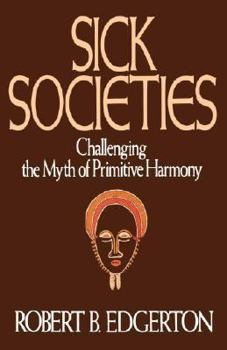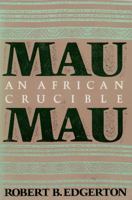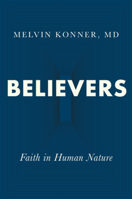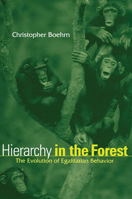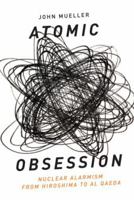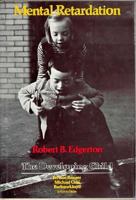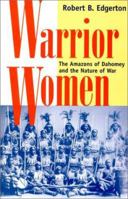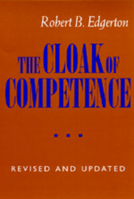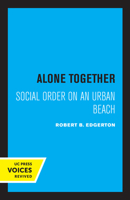Sick Societies
Author and scholar Robert Edgerton challenges the notion that primitive societies were happy and healthy before they were corrupted and oppressed by colonialism. He surveys a range of ethnographic writings, and shows that many of these so-called innocent societies were cruel, confused, and misled.
You Might Also Enjoy
Customer Reviews
Rated 5 starsOne of my favorite books
I first read this book while sitting in a library at Eastern Montana College in 1993. I could not put it down. A few years later I checked it out from a library on the east coast and read it again. Same story. Then this past year I once again checked it out from a library in Las Vegas and read it from cover to cover for the third time. Highly releveant to a lot of socal and historical discussions. Well written. The...
0Report
Rated 5 starsAnthropology Redeemed
Anthropologists don't get any academic accolades for identifying a behavior or custom as maladaptive; Rather they feel compelled to demonstrate they have shed their own ethnocentrism by going through empirical and interpretive contortions to define virtually all primitive conduct, regardless of how perverse it is, as adaptive. UCLA Professor of Anthropology and Psychology, Robert Edgerton understands this, and courageously...
0Report
Rated 5 starsThe Fall of Cultural Relativism
This is unquestionably one of the most important works in anthropological theory in the last half of the 20th century. Edgerton's Sick Societies forces us to question the basic assumptions of cultural relativism that have dominated anthropological thinking for most of the 20th century. The Star Trek prime directive not to interfere in the cultural evolution of a society, and the anthropological assumption that societies...
0Report
Rated 5 starsSorry Things Go Wrong All Over
Robert Edgerton had obviously been keeping notes for decades on something that was bugging him about the state of academic anthropology. Namely, he was annoyed by the idea that some societies are primitive and idyllic, and that technologically advanced societies are the bad guys of the planet. Certainly, Edgerton admits that modern societies have problems. The only thing that allows us to think that things used to be better...
0Report
Rated 5 starsOne of the most intelectualy stimulating reads.
Every now and then I venture outside my chosen field (systems engineering) and hike into the forest of "New Possibilities" by going into a section of the book store I wouldn't usually go into. While "Sick Societies" was not my first introduction to anthropology, it was my most exciting by far. Although Mr. Edgerton is overly defensive of his stance, he has excelent arguments for abolishing the "total non-interference"...
0Report








